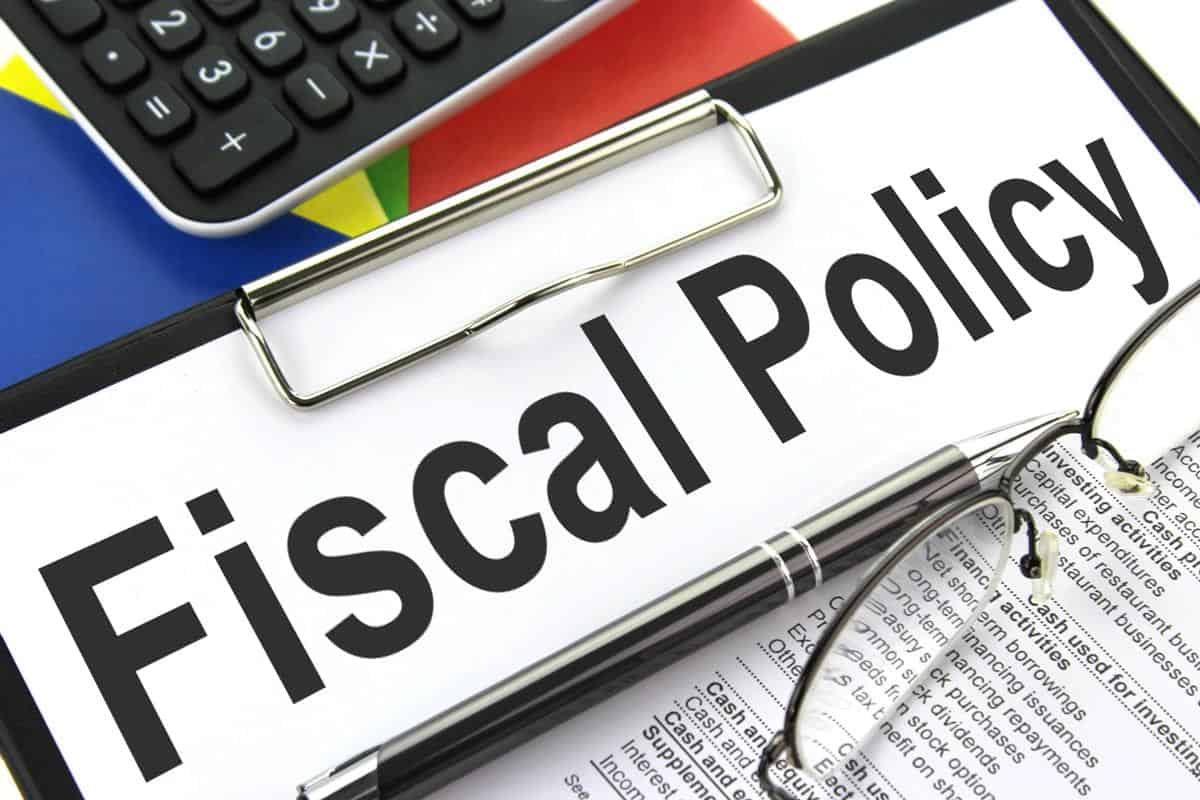China’s finance minister has shed further light on the central government’s plans for more active fiscal policy and expansions in local government bond issuance in 2023.
Liu Kun (刘昆), head of the Ministry of Finance, discussed the topic of “how to achieve fiscal sustainability and controllability of local government debt risk” in an interview with the People’s Daily published on 4 January.
“At present the foundations for China’s economic recovery are still unstable,” Liu said. “There are still the three pressures of contracting demand, supply shocks and weakening expectations, while the external environment remains tumultuous and uncertain.
“In order to deal with these risks and challenges, we will need to expand the intensity of fiscal macro-controls, optimise policy work coordination, and in the process of effectively supporting high-quality development, ensure fiscal sustainability and the controllability of local government debt risk.”
With regard to the “intensification” (加力) of active fiscal policy flagged earlier by China’s central economic work meeting held at the end of 2022, Liu said three areas of emphasis would include
- Increases in the intensity of fiscal expenditures. Overall coordination of policy tools including fiscal revenues, fiscal deficits and subsidies, and moderate expansion in the scale of fiscal expenditures.
- Intensification of the driving role of special bond investment. Rational arrangements for the scale of local government special bonds, appropriate increases in the areas of investment and scope for usage of funds. Continued formation of investment driving capability.
- Continued increase in transfer payments from the central government to the regions, including disadvantaged regions and underdeveloped regions.
With regard to increases in the efficiency of fiscal policy as mandated by last year’s central economic work meeting, Liu highlighted
- Improvements to preferential tax policies, strengthening in accuracy and targetedness, and focusing on assistance for enterprises and the alleviation of difficulty.
- Structural optimisation of fiscal expenditures, and better employing the leveraging role of fiscal funds. Effectively driving expansions in investment by all of society, and expediting consumption.
- Strengthening coordination and cooperation with monetary, industry, technology and social policy. Forming a combined policy force to drive the overall strong performance of the economy.




